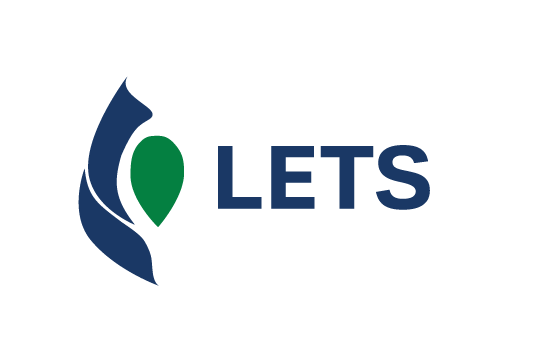Plastic pollution is a global concern that was addressed in the project Single-use plastics from coastal tourism in Brazil , carried out by LETS, at the invitation of UNEP Brazil.
From the data collections, exchanges and reflections, LETS researchers are producing academic materials that can reverberate the theme and strengthen the discussion about it, still incipient in the Brazilian context. For Helena Costa, coordinator of the project and LETS:
"The issue of single-use plastics is urgent, contemporary and calls for immediate coordinated action in favor of a circular economy. Tourism, certainly, can be a protagonist of the necessary change because it has a dual role: it contributes to plastic pollution, while at the same time it depends on well-maintained natural environments to offer a quality tourist experience"
The first scientific article originating from this study was published today in the main national journal of tourism research, the Brazilian Journal of Tourism Research. The authors were David Bouças (UFMA), Jaqueline Gil (UnB), Elimar Nascimento (UnB), Helena Costa (UnB) and Ravel Paixão (UFMA). This article focuses on the research of primary data carried out with lodging facilities, in a total of 41 enterprises located in 6 states and 11 coastal locations.
Researcher David Bouças points out that
"This vision is a pioneer in Brazilian tourism studies and can increase the level of knowledge that is available on the issue of single-use plastics, which are excessively present in coastal tourism activities."
The results show that economic decisions are prioritized over environmental ones, and there is no majority view of a direct relationship between plastic pollution and reduction in tourist flows. All projects use PDUs, especially cups, bottles and bags. Among the strategies to manage them, replacement actions, reduction, environmental education and internal training stand out.
The study indicates that reducing/replacing items such as packaging and amenities requires changes in the industry and in the consumption behavior of customers. There are also obstacles to improvements in the management of these materials, such as: lack of alternatives with quality and price, resistance from consumers, and limited support from investors and leaders. Finally, the work concludes that the linear logic of use and disposal prevails, to the detriment of the circular economy. No significant variations were noticed between the types of projects and these are due more to their managers. Finally, the context of the pandemic aggravates the problem of plastic pollution, requiring greater attention to the issue.
In the authors' view, this project is especially valuable because it shows the possibilities of the university acting in partnership with international organizations and society in order to act on relevant socio-environmental issues.
Below is the summary of the study, which can be accessed for free and in full here
Summary
This article identified the perceptions of managers of coastal hotel developments about the problem of single-use plastics (PDUs). The research was predominantly qualitative, exploratory and cross-sectional with 41 lodging facilities of 8 types located in 6 Brazilian states and 11 coastal locations. As a data collection technique, a semi-structured script was applied and, for interpretation, content analysis was adopted. The results indicate that economic decisions are prioritized over environmental ones, and there is no majority view of a direct relationship between plastic pollution and reduction in tourist flows. All projects use PDUs, especially cups, bottles and bags. Among the strategies to manage them, replacement actions, reduction, environmental education and internal training stand out. Reducing/replacing items such as packaging and amenities requires changes in the industry and in the consumption behavior of customers. The lack of alternatives with quality and price, resistance from consumers, and limited support from investors and leaders appear as obstacles to expanding and improving the management of PDUs. It is concluded that the linear logic of use and disposal prevails, to the detriment of the circular economy. No significant variations were noticed between the types of projects and these are due more to their managers. Finally, the context of the pandemic aggravates the problem of plastic pollution, requiring greater attention to the issue.
Thanks
The authors thank UNEP (United Nations Environment Program/Brazil) for the opportunity to expand the national debate on the subject. They thank the support team (Daniela Nazar, Erica Giampaolo, Júlia Souto, Nayara Marques and Otávio Augusto de Oliveira), all the field collaborators of the research (Ana Neri da Paz Justino, Barbara Rodrigues, Elaine Borges, Igor Carneiro de Almeida, Luiz Gustavo Rittl and Wilker Nóbrega), Alexander Turra for the ad hoc contributions during the development of the study, and to the respondents, kept here without identification due to the anonymity agreement signed.


